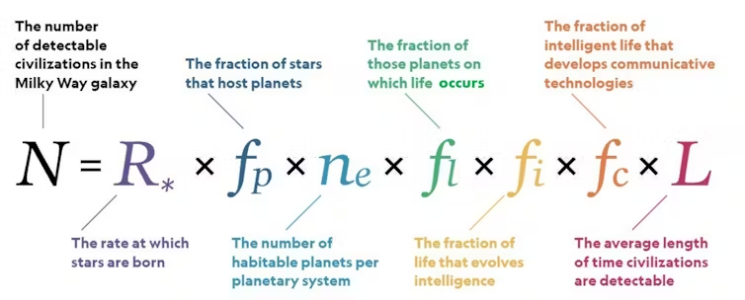Louanne Learning
Active Member
Member
New Member
Role Play Moderator

 ipscell.com
ipscell.com
It’s a savage poem in many ways. I couldn’t have done a better job of highlighting some of the more extreme statements from longevity practices."“I nibbled broccoli, green and grand, Felt youth surge through the promised land. A single floret, crisp and bold, Surely added years, I’m told!
Then gulped a supplement, neon bright, For collagen and youthful light. It promised skin of dewy sheen, Like I was barely seventeen. My gut then rumbled, quite confused, But surely health can be infused!
A weekly scan, a daily poke, To chase the aging, cruel joke. My telomeres, a constant dread, Are they still long inside my head? A dozen tests, from blood to brain, To prove I’m not in slow decline again. “Your levels look… peculiar, dear,” The doctor chirped, dispelling fear. “Just add more herbs, and less of fun, Your youthful race is far from done!”
I meditate, I purge, I cleanse, Avoid all joy that life extends. No cake, no wine, no hearty laugh, Just kale and quinoa, in my bath. For every wrinkle, every sigh, I ask, “What bogus thing can I Now buy or chew or meekly try, To cheat the clock and never die?”
So watch me glow, a verdant saint, My vibrancy a self-made paint. Though deeply bored and quite morose, At least I’m boosting my life’s dose!”
... astronomers using the Atacama Large Millimeter/submillimeter Array (ALMA) have detected complex organic molecules in the protoplanetary disc around the protostar V883 Orionis.
These include detections of ethylene glycol and glycolonitrile, which are considered chemical precursors to the building blocks of life.
... this points to the idea that the “seeds of life” are assembled in space, and not only that, but that they also appear to have a wide distribution throughout the cosmos.
I don't doubt it, but intelligent, maybe not so much. The odds of a planet being in the "Goldilocks" zone and having life develop as it is on earth are................astronomical! LOL! There is figure of the odds somewhere floating around, so many variables.I knew it! There is all kinds of life out there!
A new sudy says you don't need a planet to form complex organic molecules (COMs) - they form in space, too.
The odds of a planet being in the "Goldilocks" zone and having life develop as it is on earth are................astronomical!
so finitely unique that we are it.
The timing of coexisting civilizations is also a major factor. Humans have had radio technology capable of reaching space for about 100 years against 20 some billion years of universal age. There could have been a million advanced civilizations that just never timed themselves properly.From not so reliable Wiki: "Only one in a million million has the right combination of chemicals, temperature, water, days and nights to support planetary life as we know it. This calculation arrives at the estimated figure of 100 million worlds where life has been forged by evolution."
1 in 1,000,000,000,000. I'm all for it, but personally think humans are so finitely unique that we are it.
the speculations are totally irrelevant to humanity’s self-interest because no conceivable application can be imagined for any of these theories.
It has become a highly mathematical
Now physicists are twisting themselves in mathematical pretzels to come up with something new that no experiment could ever prove or disprove.
the speculations are totally irrelevant to humanity’s self-interest because no conceivable application can be imagined for any of these theories.
I admire your optimism, but I don't think there are other forms of life that can rub two sticks together and make fire; anywhere else in the expanse of the universe. So far my thinking hasn't been disproven.I just can't buy it, in the immensity of existence.
I admire your optimism
So far my thinking hasn't been disproven.
Easy. Take string theory for example. It was a little bit like behaviorism was in psychology. Depicting human beings as mindless automatons who only reacted to stimuly. If you did not pay lip service to behaviorism then you could forget about grants.Well, I'm not sure that the use of mathematics makes an advance in physics worth less. Physicists have been using math since Newton used Calculus to formulate the laws of motion and gravitation.
I never said it did.
Can you outline an example for us laypersons?
I never said that either.But is the accumulation of knowledge an end in itself? Is science without application irrelevant?
I have a problem with explaining string theory to non-physicists

I rest my case. I wrote my Physics book for advanced high school students, university freshemen and intelligent adults who want to understand. I told them that it is possible to understand without childish analogies and colourful diagrams. We don't need to babytalk to adults. However, it is an effort to focus and concentrate and read what the texts extually said. Physics is easy and beautiful, why turn it into childish videos?I found a helpful video (8 minutes) - and while it turns out String Theory may not be "The Theory of Everything" it is still useful.
